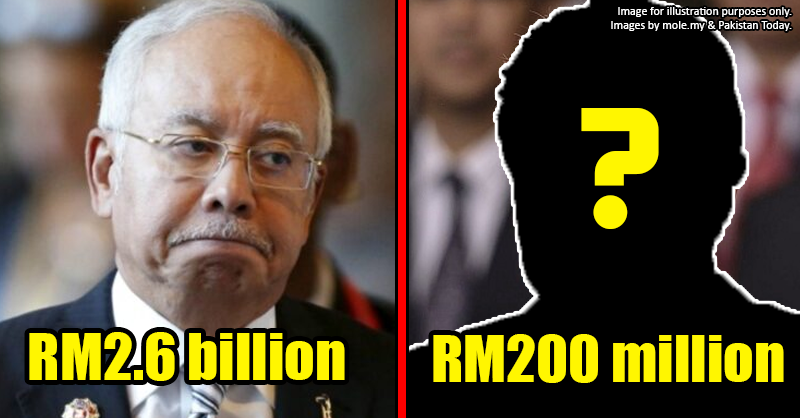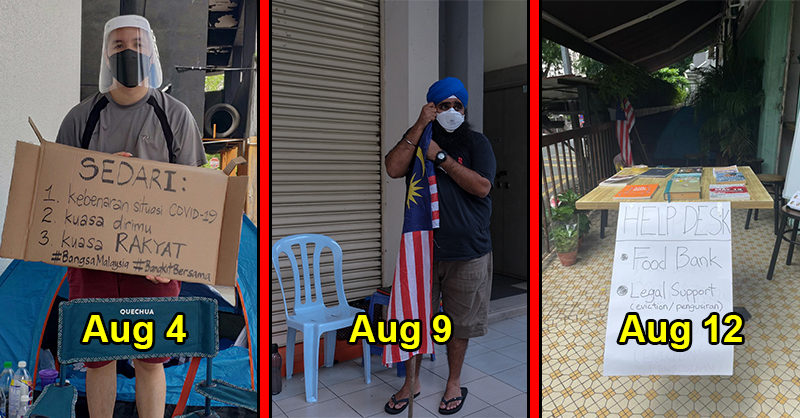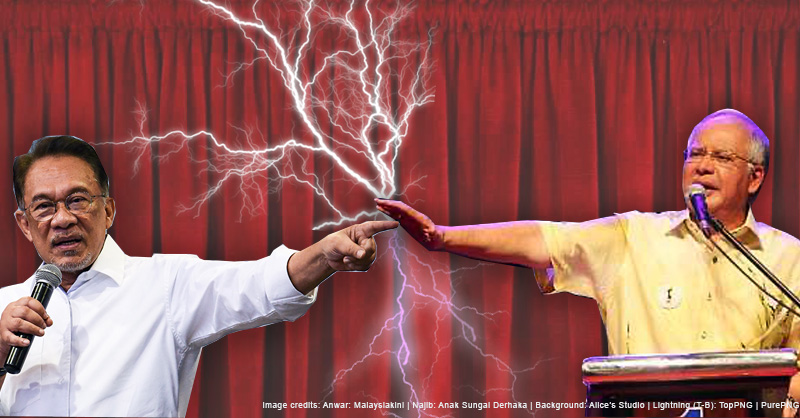4 things you should know about Malaysia’s Official Secrets Act (OSA)
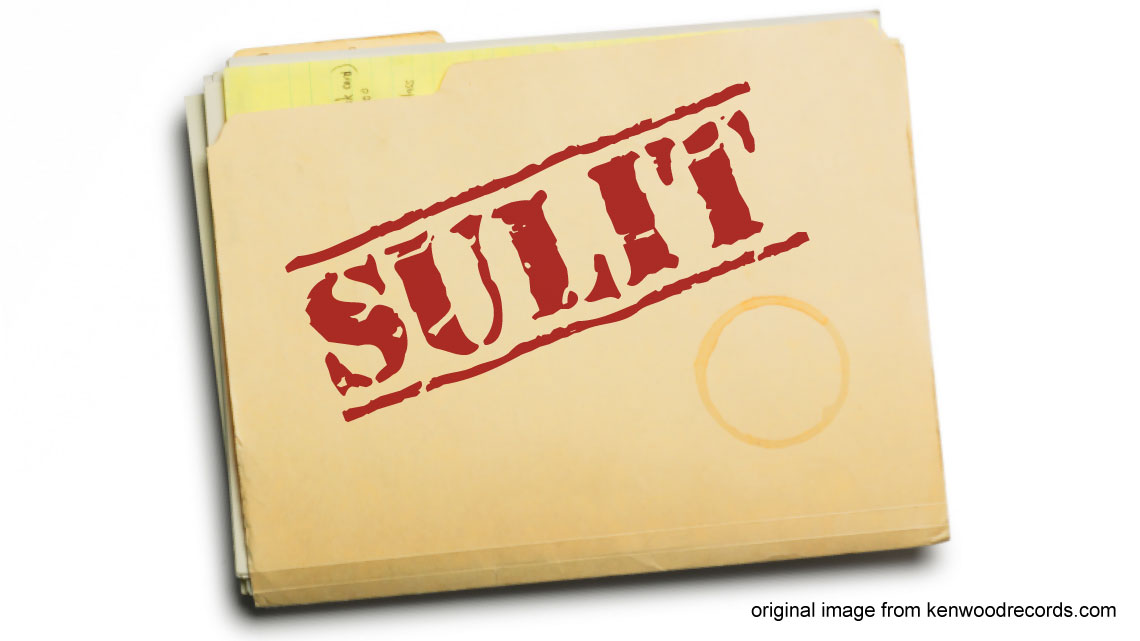
- 960Shares
- Facebook912
- Twitter1
- LinkedIn5
- Email12
- WhatsApp30
After the recent blowout over the leaked UPSR papers, many of you may have noticed a throwaway line at the bottom of most news articles reporting the leaks, stating that suspects were being investigated under the Official Secrets Act (OSA) 1972.
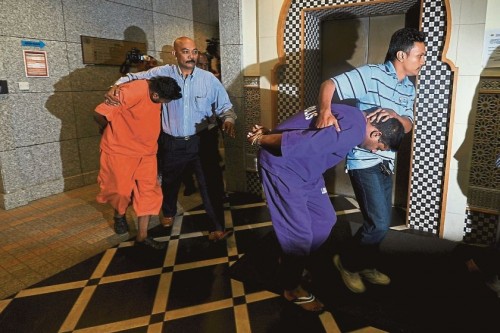
Whoever knows what that means, angkat tangan.
….
If you raised your hand, good for you! But we’re guessing most of you just gave us some blank stares. The truth is, compared to its more glamorous cousins, the Internal Security Act (ISA) and the Sedition Act, the OSA is much more of a wallflower, staying quiet at family dinners while everyone else hogs the attention. But when called to the fore, it’s just as capable of delivering some nasty zingers to those it deems worthy of its attention.
Why do we even have an Official Secrets Act (OSA)?
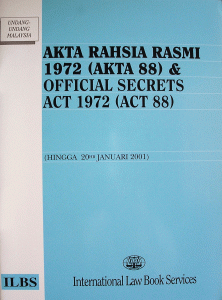
Because sometimes, a little knowledge can be a dangerous thing. We totally understand that matters pertaining to national security – military strategy in times of war, for example – can and should be classified top secret from the average rakyat. The problem is that Malaysia’s OSA goes a little further than that. Here are 4 definitely-not-that-secret facts you should know about the OSA:
1. It takes its definitions a little loosely.

The act defines an official secret as:
“any document specified in the Schedule and any information and material relating thereto and includes any other official document, information and material as may be classified as “Top Secret”, “Secret”, “Confidential” or “Restricted”, as the case may be, by a Minister, the Menteri Besar or Chief Minister of a State or such public officer appointed under section 2B;”
Okay, so Minister, Chief Minister… waitaminute, what does “public officer” mean?
“any person holding any office or employment in or under any public service;”
Umm, okay, so that means…
“(a) any of the public services referred to in Article 132 of the Constitution including any Ministry, any department of the Government, or any Court;
(b) any city council, municipality, town council or local authority;
(c) any statutory authority exercising powers vested in it by Federal or State law;
(d) any person, tribunal, body, institution or authority whatsoever which may be declared by the Minister, by order published in the Gazette, to be a public service for the purpose of this definition; and
(e) in the event of war, any department of the government of any ally of Malaysia.”
Hang on, did we read that right? This sounds like any Joe, Ali or Muthu can be given the right to declare something Top Secret just like that!
Yep.
You can read the full act here, if you’re feeling particularly lawyerly today.
2. This means that any government official can decide what the rakyat can or cannot know.
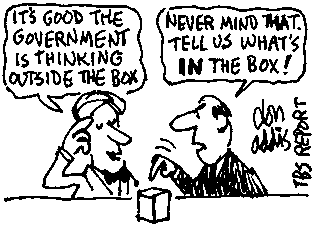
And when it comes to national security, that’s okay. But what about in matters that directly affect Malaysian citizens and their daily lives?
We’ll give you an example. Every year, the Women’s Aid Organisation is given a copy of Bukit Aman’s Crime Statistics booklet prepared by its Sexual Crimes and Child Abuse division. In 2011, however, these statistics were withheld, having been declared an official secret on the instructions of Inspector-General of Police Ismail Omar.
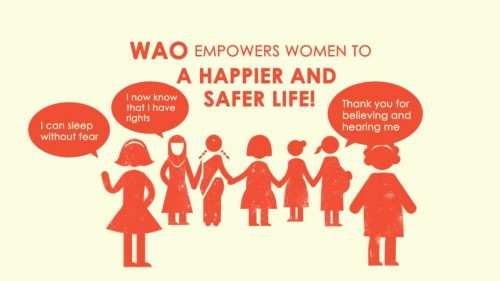
“We need them to formulate public education messages and policy reform, for example, an important statistic is how many women die in their own homes and whether there are prior domestic violence reports so we can see if there’s a link… Why should statistics on sexual crimes and crimes against children be ‘confidential’? Isn’t the request a basic one?” – Ivy Josiah
The statistics were later released to the NGO, but with warning that it was for their research only and not to be released to the public. You can read more about this here.
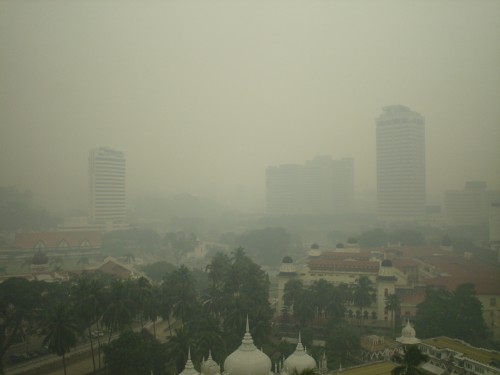
That’s not all. Did you know that starting in 1997 (remember those darurat days?) up until as recently as 2005, our Air Pollution Index was an official secret? Officials were apparently worried that the numbers would scare off tourists (like the thick, choking smog that blanketed the city wasn’t enough). And that in 2012, Rafizi Ramli was hauled up by the authorities for revealing documents that showed the proposed Ampang LRT extension was actually awarded to a dodgy company that scored some of the lowest points for commercial and technical specifications? And that you’re prevented from knowing why your toll and water concession hikes keep happening for no discernible reason?
3. You can be detained without a warrant if the authorities think you have an Official Secret.

You know how American cop shows always talk about suspects being innocent until proven guilty? The OSA presumes you’re guilty until you prove you’re innocent. Where usually investigations are conducted before leading to an arrest, the OSA allows authorities to arrest first, ask questions later:
“The Act allows for arrest and detention without a warrant, and substantially reverses the burden of proof, from the prosecution to the defendant. It states that ‘until the contrary is proven’, any of the activities proscribed under the act will be presumed to have been undertaken ‘for a purpose prejudicial to the safety or interests of Malaysia’.” – Centre for Independent Journalism Malaysia
Here’s an account from blogger Nathaniel Tan, who was detained under the OSA in 2007 when he was then working with former Deputy Prime Minister and current Opposition leader Anwar Ibrahim:
“I was eventually made to understand that I was arrested in connection to accusations made on the internet regarding Datuk Johari Baharum. The connection to me was based on a comment made on my blog that was made by an anonymous commentor on the 10th of February, 2007… It was preposterous of the police to suspect me of publishing these accusations based on documents protected by the Official Secrets Act that were supposedly in my possession. There is absolutely nothing even remotely resembling proof to substantiate such claims.”
That’s right – in this case, Nathaniel was arrested for a comment that was left on his blog – not even written by him. He was held for four days; he wasn’t even allowed to contact his family or friends during the first 6 hours of his ordeal. You can read his full statement here.
4. Government officials themselves seem split on the OSA.
In a 2013 article, now-defunct news commentary site The Nut Graph asked Members of Parliament what they thought about the OSA and the proposal to replace it with a Freedom of Information Act. People like Datuk Seri Azmi Khalid and Khairy Jamaluddin went on record to say that the OSA should be abolished, and KJ even said that a Freedom of Information (FOI) Act would increase transparency and reduce corruption across the board.
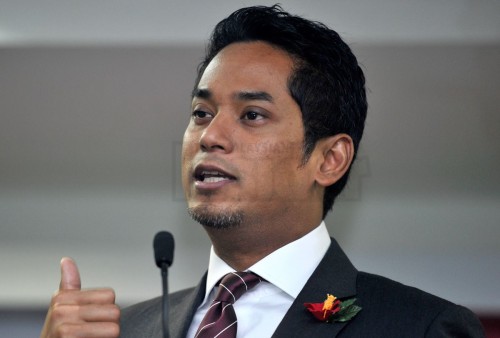
The idea of a FOI act also received the thumbs up from such notable figures as Teresa Kok, Dr Dzulkefly Ahmad, and the late Karpal Singh.
“[The OSA] protects government information absolutely… The penal consequences and penalties under the Official Secrets Act cannot be justified.” – Karpal Singh
In March this year, the new minister in charge of integrity and transparency, Datuk Paul Low, admitted that declassifying these classified documents has been his toughest challenge so far. “So access to information is necessary because we have opened ourselves up to accountability to the public, that means every decision that I make, the public will know, who gets it, even in a proper manner, is it the best alternative. Then I believe we will have good accountability by accessibility.”
Seems like a good move on the government’s part right? Well, except for this article, where Chief Secretary Tan Sri Dr Ali Hamsa threatened to sack civil servants found to be leaking secret documents – after unverified documents surfaced on Deputy Prime Minister Tan Sri Muhyiddin Yassin’s visit to the United Arab Emirates (UAE) on April 8 (We should note that Opposition members had alleged that the official visit was only for a few hours while the rest of the time was spent playing golf).
————–
So what’s the solution?
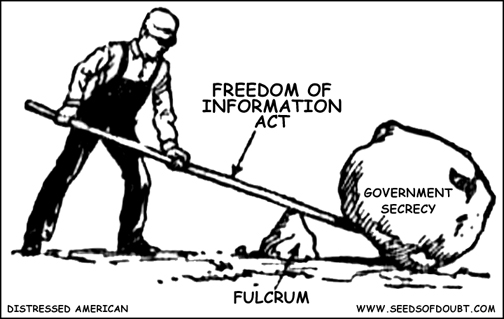
We’ve bandied the term “Freedom of Information Act” a couple of times in this article, but what does it really mean? According to Toby Mendel, former Executive Director of the UK-based organisation Article 19, in this article:
“Freedom of information is the right to access information held by public bodies. It is important for a number of reasons.
It is, perhaps first and foremost, central to democratic participation. My organisation has called it the “oxygen of democracy”. If we do not know what [the] government is doing, we cannot participate in decision-making that affects us, or even really exercise our right to vote in an informed manner.But the right to information is also important for accountability, and to root out corruption. There are numerous stories from all over the world about the use of RTI to expose corruption.”
But wait! We have some good news!
Two Malaysian states, Selangor and Penang, have enacted their own versions of the Freedom of Information Act since 2011. Sure, neither one is perfect, but their very existence means that maybe – just maybe – there’s hope for us after all, Malaysia.
- 960Shares
- Facebook912
- Twitter1
- LinkedIn5
- Email12
- WhatsApp30

